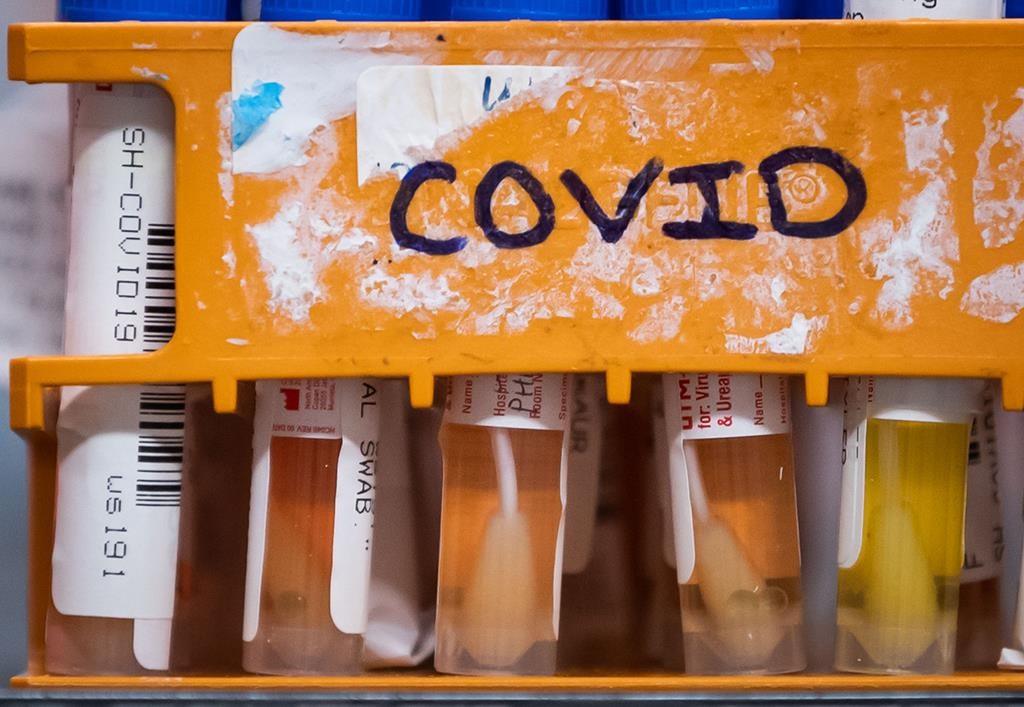The total number of cases in the region jumped to 31 after the Middlesex-London Health Unit (MLHU) reported six new cases on Sunday.

The new cases are part of a total of 209 cases Ontario reported Sunday morning, which is the largest spike in cases the province has seen in one day since the pandemic began.
Four of the six cases are females, with one in her 80s who is hospitalized, while the others remain in self-isolation except for two that are listed as pending.
The six local cases confirmed on Sunday include:
- a man in his 30s who had close contact someone else who had the virus
- a man in his 70s who travelled to Spain
- a woman in her 40s who travelled to an unspecified location
- a woman in her 50s who travelled to an unspecified location
- a woman in her 80s who contracted the virus through community spread
- a woman in her 30s who recently came back from Mexico
This is the second time that the MLHU has reported six cases of COVID-19 in a single-day. March 19 was the last time the health unit reported that many cases and one of those patients has since passed away.
The death was a man in his 70s who had returned from Portugal earlier this month. Health Officials say he passed away Friday night.
He was the first local death related to the COVID-19 pandemic.
Of the 31 cases of COVID-19 in the region, five have been resolved.
Provincially Ontario has a total of 1,326 active cases in the province with 21 deaths, and 8 cases resolved.
Just over 7,200 cases remain under investigation, a drop of about 1,500 compared to Saturday.
Questions about COVID-19? Here are some things you need to know:
Health officials caution against all international travel. Returning travellers are legally obligated to self-isolate for 14 days, beginning March 26, in case they develop symptoms and to prevent spreading the virus to others. Some provinces and territories have also implemented additional recommendations or enforcement measures to ensure those returning to the area self-isolate.
Symptoms can include fever, cough and difficulty breathing — very similar to a cold or flu. Some people can develop a more severe illness. People most at risk of this include older adults and people with severe chronic medical conditions like heart, lung or kidney disease. If you develop symptoms, contact public health authorities.
To prevent the virus from spreading, experts recommend frequent handwashing and coughing into your sleeve. They also recommend minimizing contact with others, staying home as much as possible and maintaining a distance of two metres from other people if you go out.
For full COVID-19 coverage from Global News, click here.
–With Files from Ryan Rocca









Comments